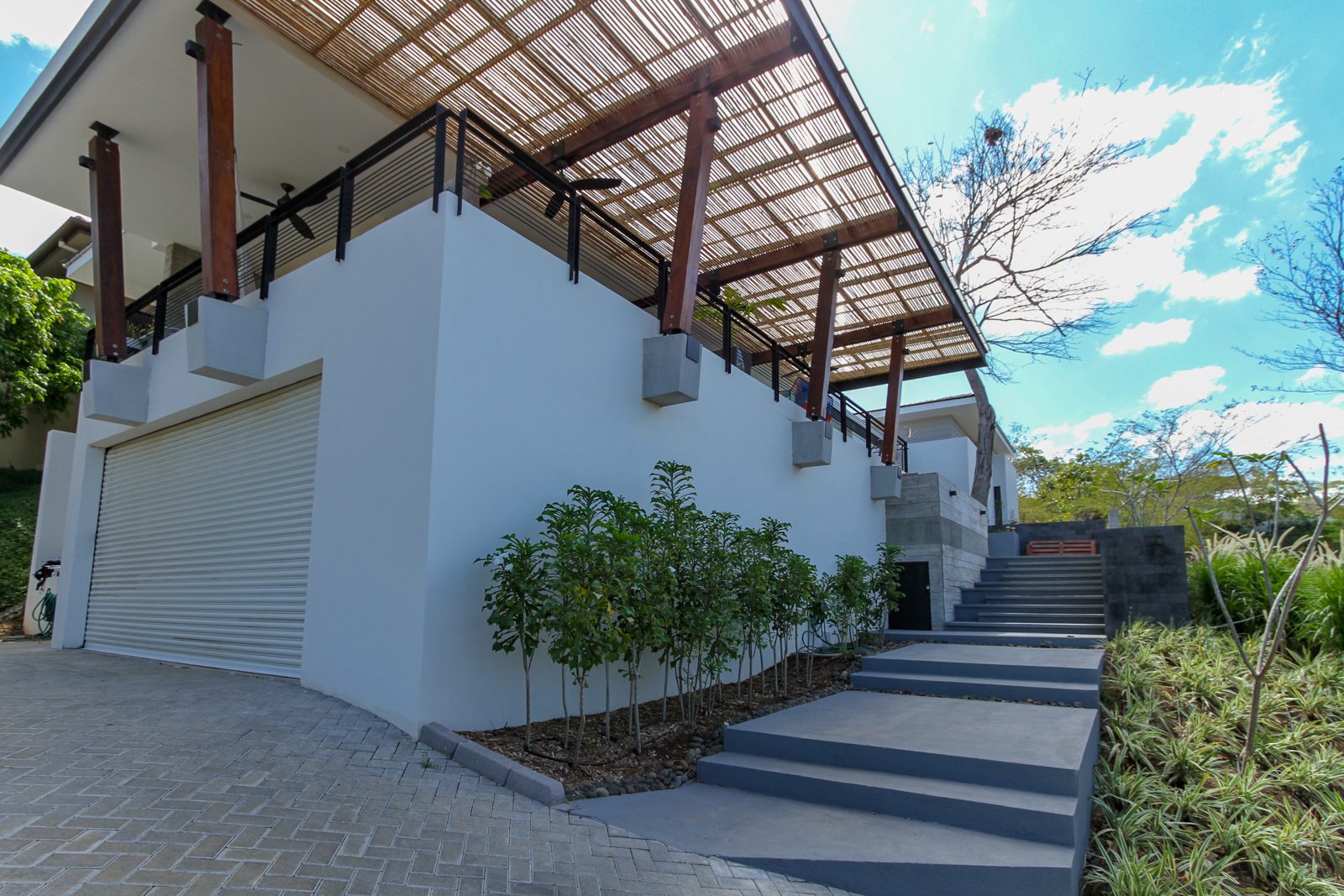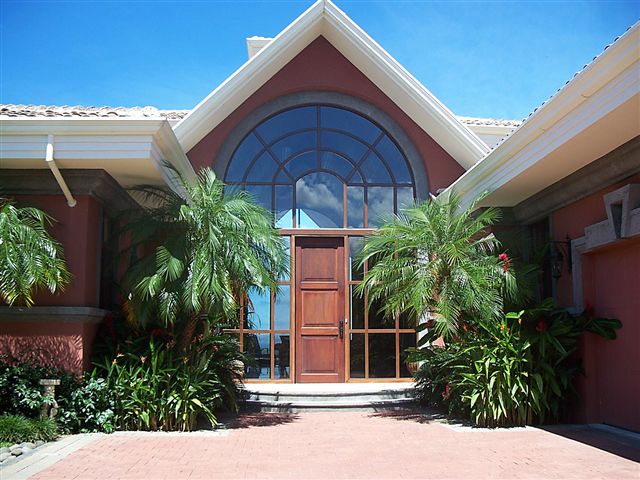So you’re thinking about building a new home in Costa Rica. You want your own piece of paradise, and there are so many things to think about: location, design, construction method, cost, and timetable to name a few. An important consideration is: What are the builder’s responsibilities? Here’s what you need to know about the law.

Many entities will be involved in your construction project. First of all, there will be your realtor. Hopefully, you decided to work with someone that has years of experience and is vested in the country, not a fly by night type, that can help you find the right property for building a house in Costa Rica. Then there is the architect who designs your home according to your wishes and the conditions of the building site. Then the general contractor, known locally as the called “maestro de obras”, who follows the blueprints and directs the construction workers. Additionally, a civil engineer may be involved depending on the nature and scope of the project
According to Costa Rica’s building regulations, each individual or company is responsible for the integrity of their work. If their negligence or poor workmanship causes a partial or total loss of the project, they would be held responsible. That holds true whether the cause is a defect in the construction process or a defect in the underlying soil (Costa Rica civil code, section 1185). Section 1186 of the same code stipulates that, when more than one professional is involved, each one is responsible for their participation in the project.

How do you know which person performed each task of the building process? An official construction logbook, known as the “bitacora” in Costa Rica, is kept for the entire project. The person that is ultimately in charge of the construction, typically the architect or engineer, makes regular inspections of the construction site and updates the logbook. Thus, it can easily be determined who performs any given task and when.
The liability associated with building a house in Costa Rica is mandated in the law, not just in the contract, so there is a basis for a lawsuit if necessary. What are admissible grounds for suing the professional responsible for the construction, or in the case of a condominium, the administrator? The owner may bring a lawsuit if he discovers defects in the construction process or the materials used. Negligence, recklessness, and lack of supervision of the project are also grounds for legal action. However, damage resulting from an event or circumstance deemed to be an “act of God” or force majeure is not.
Costa Rica’s civil code establishes a statute of limitations of five years for this kind of lawsuit. The period begins when the project is completed and the owner officially takes possession of it. On the other hand, a 10-year statute of limitations applies to lawsuits for breach of contract (Costa Rica Civil Code, Sections 868 and 1045). An example of a breach of contract is a failure to complete a project. If a building collapse results in serious injury or death, there could be criminal liability. In that case, other laws and statutes of limitations apply.
During the construction process, reputable builders will have insurance for their workers. In fact, the construction professional must present proof of insurance for his workers in order to obtain a building permit. It is called “seguro riesgos del trabajo” by Costa Rica’s government-owned insurance company (INS), and it is similar to workman’s compensation insurance. It covers injuries that are common to a construction project. After the construction is completed, the homeowner can obtain a traditional insurance policy for fire and/or civil liability. Such insurance is readily available in Costa Rica.
Clearly, there are many factors to consider before building a house in Costa Rica. But it helps to know that builders have responsibilities as defined by law and that those who contract them have legal recourse when needed. While it could be very tempting to accept a low bid by a builder making appealing promises, it is VERY important to get everything in writing from a reputable contractor, or you may find yourself with no legal recourse.

Of course, the best way to find a reputable builder is to ask around, and to ask the builder to give references–don’t just take his word for it. And don’t just take the word of your realtor. Ask for references!!
If you are thinking of finding that perfect spot in the Papagayo area of Costa Rica, just shoot me a note and I may be able to help you find that right spot and will introduce you to 3 different builders to interview.
Interested in finding a property in Costa Rica? Check out our extensive listings here:
Want to keep up with everything that is happening here in Costa Rica? Join my email list!
Need more information about Costa Rica in general? Read our FAQS about Costa Rica page.
Interested in owning a property in Costa Rica, checkout some great options here
Have a comment or a question? Feel free to EMAIL ME
Like the article? Please share!



